The electric vehicle (EV) market in India has experienced significant fluctuations in recent months. While some companies like Tata Motors have seen mixed results, others, particularly the Chinese automaker BYD, have reported impressive growth. July has proven to be a particularly strong month for several players in the EV space, including Mahindra & Mahindra, MG Motor, and Audi.
Tata Motors: A Mixed Bag
Tata Motors, the largest seller of electric cars in India, sold 4,775 units in July. This represents a year-on-year decline of about 13%, but a month-on-month increase of around 10%. Tata’s EV lineup, including the Punch EV, Nexon EV, Tiago EV, Tigor EV, and the newly launched Curve EV, continues to attract customers, albeit at a slower growth rate than in previous months.

MG Motor India: Steady Growth
MG Motor India, now in partnership with JSW, sold 1,522 electric cars in July. This marks a 23% year-on-year increase and an 8% rise compared to the previous month. MG’s consistent growth reflects the increasing acceptance of electric vehicles in the Indian market.
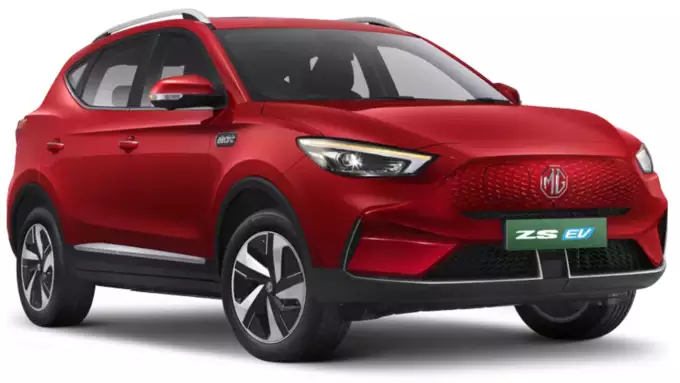
Mahindra & Mahindra: Strong Performance
Mahindra & Mahindra had a successful July, selling 487 units of its XUV400 EV. This represents a 28% increase year-on-year and a 9% month-on-month growth. The XUV400 has been well-received, contributing to the company’s positive performance in the EV segment.
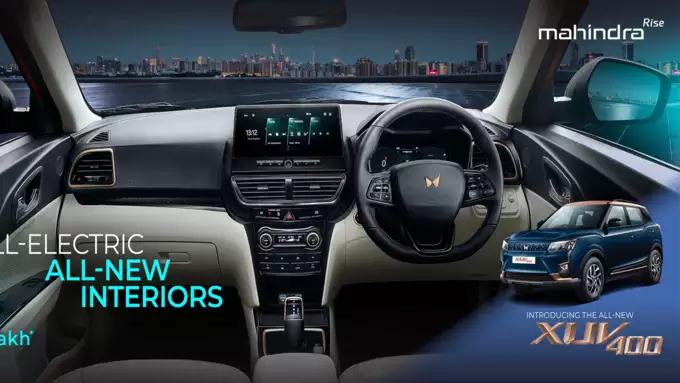
BYD: A Remarkable Surge
Chinese automaker BYD has seen explosive growth in the Indian market. In July, the company sold 341 electric cars, a staggering 189% increase year-on-year and a 49% rise from the previous month. BYD’s success highlights the growing interest in Chinese electric vehicles in India.
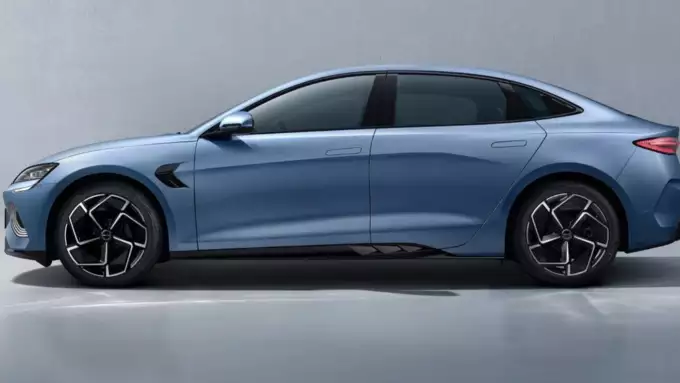
Citroën: A Tough Month
In contrast to the growth seen by other manufacturers, Citroën faced challenges in July, selling only 155 electric cars. This marks a 30% decline year-on-year and a 34% drop compared to June. Citroën will need to reassess its strategy to regain momentum in the competitive Indian EV market.
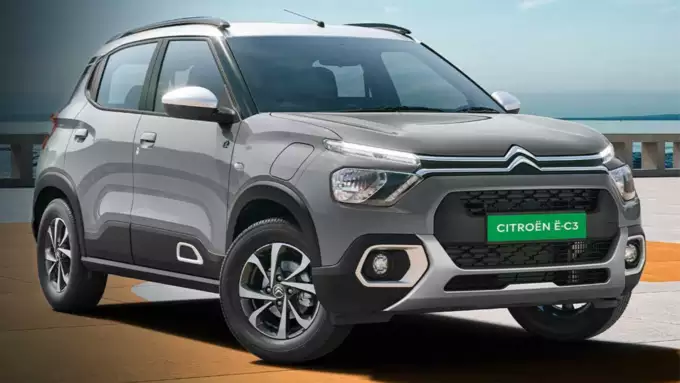
BMW: Mixed Results
BMW India sold 70 electric cars in July, which is a 35% year-on-year decline. However, the company did see a 40% increase in sales compared to the previous month. BMW’s performance indicates some volatility, but there’s potential for recovery.
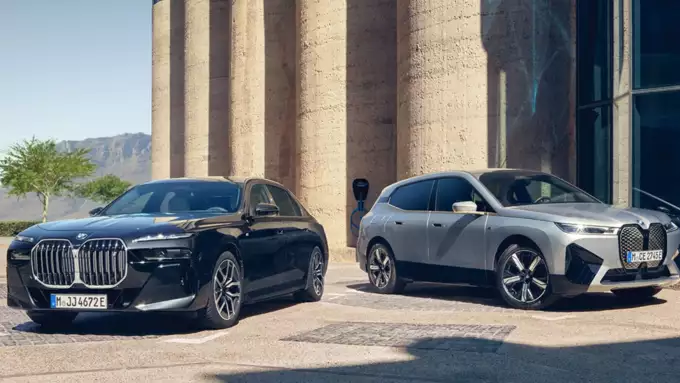
Hyundai: A Decline
Hyundai Motor India sold 55 electric cars in July, a 53% drop year-on-year and a 10% decline month-on-month. Hyundai will need to focus on revitalizing its EV offerings to compete effectively in the Indian market.

Volvo: Modest Growth
Volvo sold 40 electric cars in July, reflecting a 14% year-on-year increase, though it experienced a slight 2.44% decline month-on-month. Volvo’s steady growth suggests that it is gradually building a presence in the luxury EV segment.

Mercedes-Benz: A Slump
Mercedes-Benz India sold 30 electric cars in July, witnessing a 19% year-on-year decline and a 27% drop from the previous month. The luxury automaker may need to reconsider its strategy to enhance its performance in the Indian EV market.
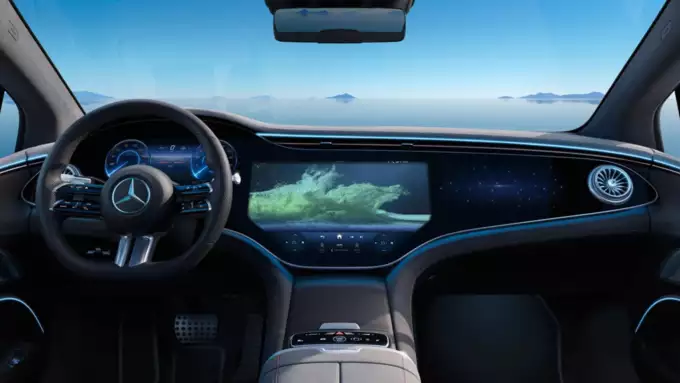
Audi: A Strong Comeback
Audi showed a significant rebound, selling 17 electric cars in July. This represents a 13% month-on-month growth and an impressive 89% increase year-on-year. Audi’s performance signals a strong comeback in the premium EV segment.
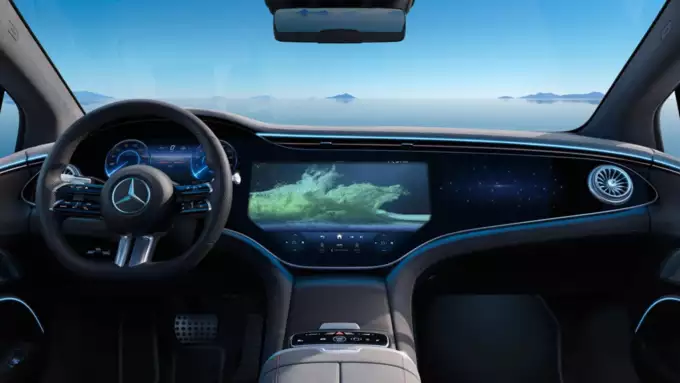
In summary, the Indian electric car market is witnessing varied performances across different manufacturers. While companies like Tata Motors and Citroën face challenges, others like BYD and Mahindra & Mahindra are experiencing robust growth. As the market continues to evolve, it will be interesting to see how these trends shape the future of electric mobility in India.

